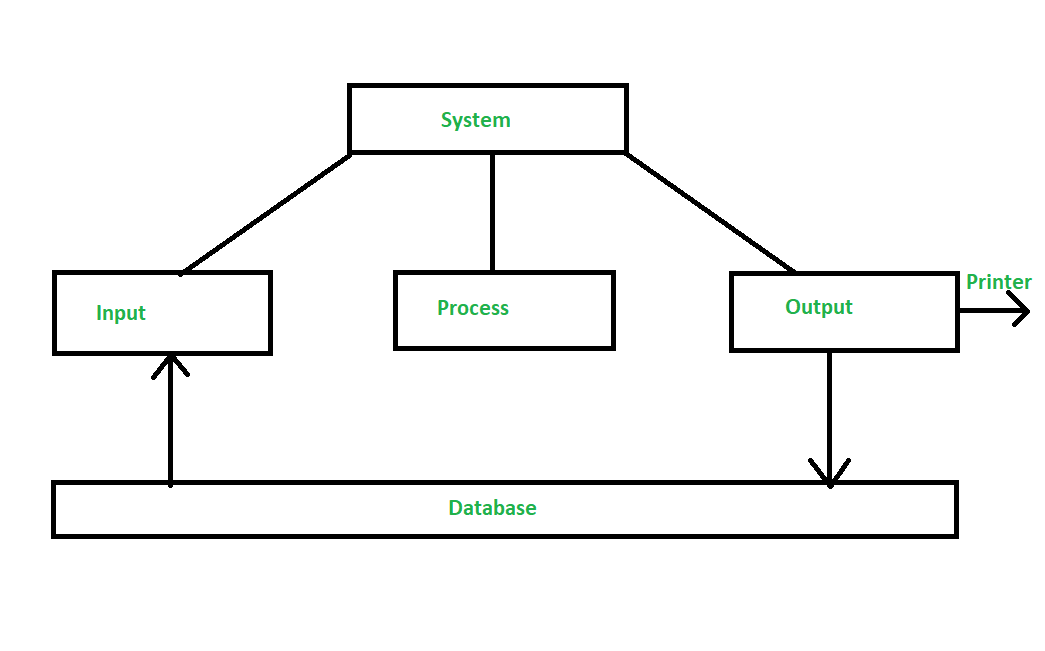1. 管理信息系统(MIS):
MIS是计算机相关技术在程序中的应用。它为管理者提供有效决策的信息和支持,并提供对日常运营的反馈。输出或报告通常是通过累积交易处理数据生成的。
它确保从有效来源收集适当的数据,进行处理并传递到有需要的目的地。它通过查询系统、分析系统、建模系统来满足需求。

管理信息系统的主要特点是:
- 它支持数据处理功能。
- 它使用集成数据库并支持多种功能区域。
- 它提供了组织的运营、战术和战略层面。
- 它很灵活
- 它可以适应组织不断变化的需求,这是 MIS 的一大优势。
例如:人力资源管理系统、销售和营销系统等。
2. 数据处理系统(DPS):
DPS 是计算机对数据的处理。它代表了支持操作的例程处理的自动化。基本上,它将原始数据转换为可读格式,组织中的人员可以轻松使用该格式。
数据处理功能是用于报告和分析业务活动的数据收集、处理、存储。它主要面向处理日常交易的交易数据。
数据处理有六个阶段:
- 数据采集
- 数据准备
- 数据输入
- 加工
- 数据输出
- 数据存储

例如:将销售数字输入到库存控制软件程序中。
MIS和DPS的区别:
| MIS | DPS |
|---|---|
| It uses an integrated database. | It does not use integrated databases. |
| It provides greater flexibility to the management. | It provides no such flexibility. |
| It integrates the information flow between functional areas. | It tends to support a single functional area. |
| It focus on information needs of all level of management. | It focuses on departmental level support. |
| Output is in the form of graph. | Output is in the form of the table. |
| The model is simple. | Sometimes, the model becomes complex. |
| Focuses on operational functionality. | It focuses on converting data to another form or language. |